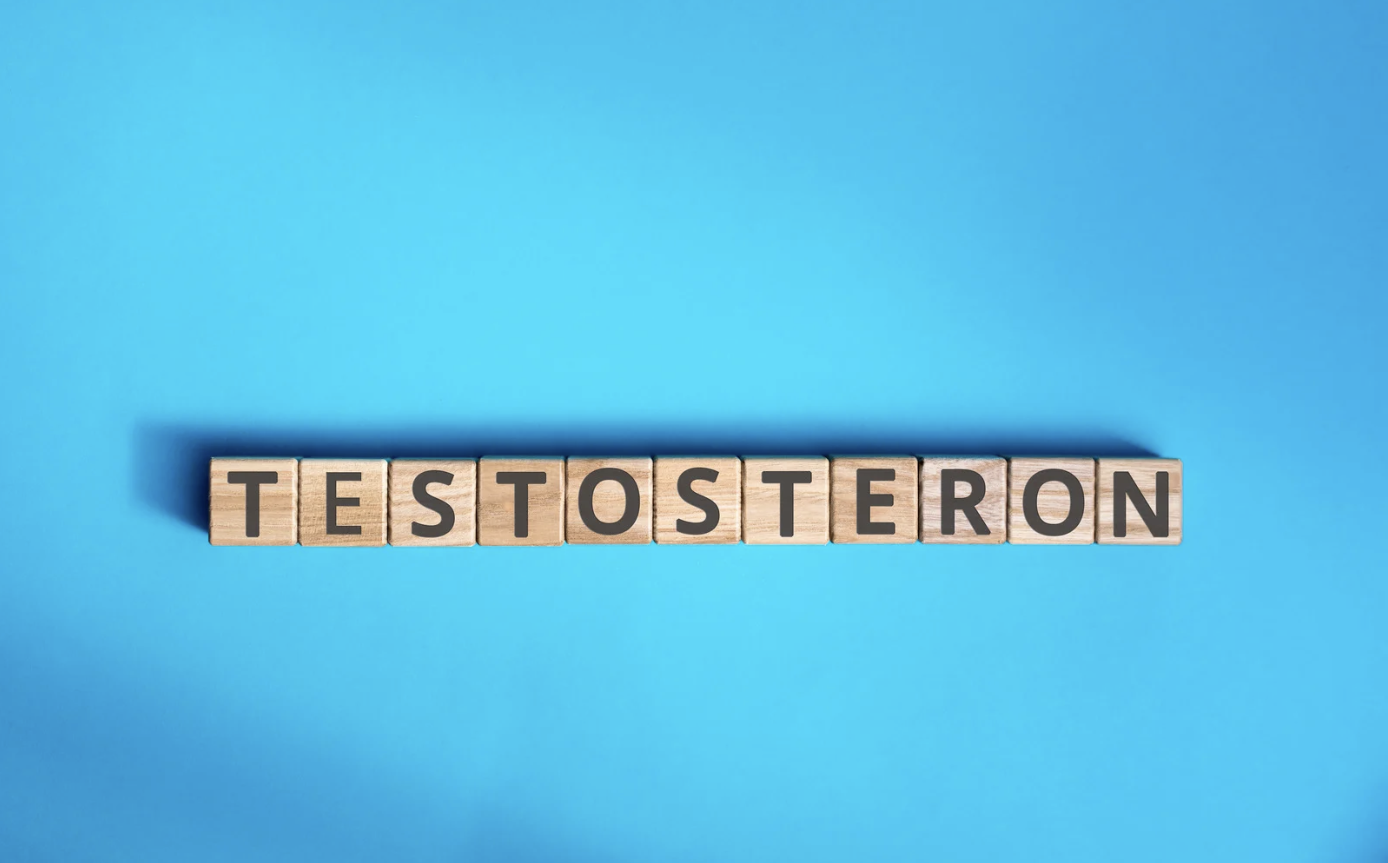TL;DR
Zinc is essential for testosterone production, sperm quality, and normal fertility — but it works best when there’s a hidden deficiency or high turnover (stress, sweat, poor diet). If you’re already at optimal intake, effects are subtle. Instead of “megadoses,” aim for a smart, consistent routine. For a measurable, gap-free test, use Roxelirum Ultra — ideally the 5-pack for 6–8 weeks.
Why zinc is key for men
- Steroidogenesis: participates in testosterone synthesis and protects Leydig cells.
- Spermatogenesis: acrosome, motility, DNA integrity.
- Immunity & energy: low zinc = “flat battery,” more colds, weaker recovery.
Zinc is a cofactor — it lets the system run properly. When sleep, diet, and training are dialed in, zinc acts as a reliable multiplier.
Deficit first: are you in the risk zone?
The zinc triangle: intake → absorption → losses.
- Low intake? little seafood/red meat/eggs; lots of refined carbs.
- Poor absorption? high phytates (grains/legumes without soaking/fermentation), GI issues.
- High losses? sweating (training/sauna), alcohol, high stress.
Testosterone: what’s realistic
- With deficiency: normalizing intake often moves T from “low-normal” into the mid-range (better morning drive, steadier energy).
- If you’re already replete: don’t expect a dramatic bump; effects are subtler (focus, recovery).
Red line: chronically high doses can lower copper — dose smart, not heroic.
Sperm: quality, volume, motility
When baseline status is low, better zinc correlates with improved motility, morphology, and lower DNA fragmentation. If parameters are already good, expect subtler effects.
Doses, forms, and timing
- Daily target: 10–15 mg elemental zinc/day from food + supplements (for most).
- Correction for 4–8 weeks: 20–30 mg/day with a trace of copper (≈1–2 mg/day) when using higher doses.
- Upper limit (UL): ~40 mg/day — don’t exceed chronically.
- Forms: picolinate, citrate, gluconate > oxide.
- Timing: with a small meal or in the evening (empty stomach can cause nausea).
Diet: soak/ferment legumes and grains (less phytate), add vitamin C with the meal, avoid stacking calcium right next to zinc.

Zinc sources (oysters, red meat, seeds) and typical supplement ranges.
Low-zinc checklist
- frequent colds / slow wound healing
- low appetite, dry/flaky skin
- diminished smell/taste, white nail spots
- low morning drive, poorer stress tolerance
28-Day “Zinc Reality Protocol”
Goal: a clean signal without noise — see a trend, not a miracle.
- Every day (28): 7–9 h sleep; 2 glasses of water in the first 90 min; Roxelirum Ultra at the same time; 1 meal with animal protein + citrus/colorful salad.
- 2–3× weekly: strength 25–35 min (push, pull, hip/knee).
- Metrics MON/WED/FRI (3–6 p.m.): energy 1–10; libido 1–10; morning spontaneity yes/no (sum weekly); recovery 1–10.
Signal by weeks 3–4: +1–2 points in energy/libido, fewer “flat” days.
Safety, interactions, and “don’t do this”
- Don’t exceed 40 mg/day of elemental zinc for long periods without indication and added copper.
- Interactions: some antibiotics (separate by 2–3 h), iron, high calcium.
- Alcohol + stress ≠ “double the zinc” — fix habits first.
- Chronic conditions/therapies: work under medical supervision.
Note: educational content; not medical advice.
Roxelirum Ultra: why the 5-pack
Real effects on hormones/sperm take 6–8 weeks. The 5-pack covers the period without “gaps,” with a transparent label and integrated approach (not just zinc). For personalized timing (shift work, travel, Ramadan, competitions) — write to roxelirum@gmail.com.
CTA: Ready for a clean, no-guessing test? Grab Roxelirum Ultra (5-pack) and run the 28-day protocol; extend to 8 weeks if you see a signal.
Myths vs. reality
- “Zinc raises testosterone in everyone.” It helps most when there’s a deficiency.
- “More zinc = more masculinity.” Too much zinc depresses copper and can be harmful.
- “Sperm improves overnight.” A spermatogenesis cycle is ~72 days; early signals show up sooner (energy/libido), full effects take time.
Further reading
- NIH ODS — Zinc (Health Professional)
- Review: zinc status and hormones
- Zinc & testosterone under training load (J Sports Sci Med, 2006)
Safety Note
Informational content, not medical advice. If you use medications or have chronic conditions, talk to your doctor before supplementing.
